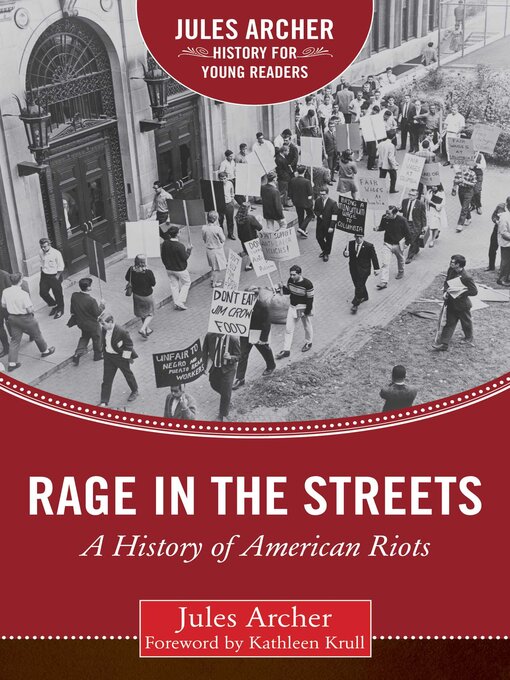- Read Banned Books!
- Just Added eBooks
- Family Dramas
- Available now
- Dear Reader: Stories Told Through Letters & Diaries
- Most popular
- Adult Series Starters
- Try something different
- Celebrate Pi Day
- See all
- Oprah's Super Soul Conversations Listen-Alikes
- Available now
- New audiobook additions
- Read by a Celeb
- Most popular
- Try something different
- Author Interviews
- Great Narrators
- Family Reading Time
- Audiobooks for the Drive to Palm Springs
- Audiobooks for the Drive to Las Vegas
- Audiobooks for the Drive to San Francisco
- See all

